Eddie Murphy: ‘I was kind of an a**hole’
The comedian’s comeback kicks off with Netflix’s ‘Dolemite Is My Name’, with a sequel to his 1988 hit ‘Coming to America’ and a Saturday Night Live gig also in the works. He tells Jason Zinoman why he didn’t just want to ‘pop back up’
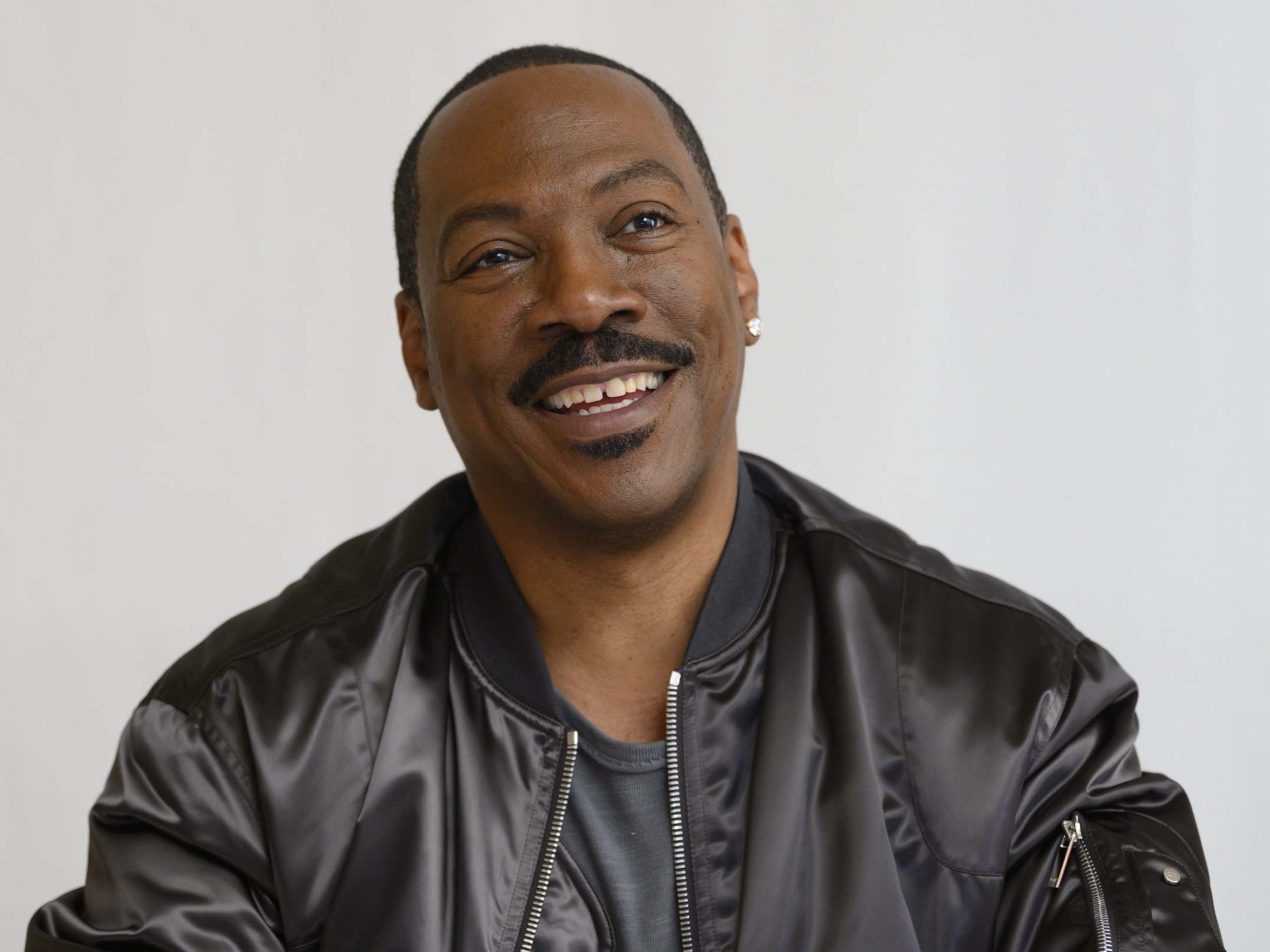
Your support helps us to tell the story
This election is still a dead heat, according to most polls. In a fight with such wafer-thin margins, we need reporters on the ground talking to the people Trump and Harris are courting. Your support allows us to keep sending journalists to the story.
The Independent is trusted by 27 million Americans from across the entire political spectrum every month. Unlike many other quality news outlets, we choose not to lock you out of our reporting and analysis with paywalls. But quality journalism must still be paid for.
Help us keep bring these critical stories to light. Your support makes all the difference.
In the middle of shooting a scene from the new biopic Dolemite Is My Name, Eddie Murphy went off-script. Playing comic Rudy Ray Moore onstage, he needled a member of the audience, then asked where he came from. The man, an extra, improvised: “Your mama’s house!”
Everyone on set roared (“Awwwww!”) and Murphy lit up, in character, unleashing insults, telling the guy he was the type “who would fart in the tub and turn around and bite the bubbles”.
In an interview at the Toronto International Film Festival, where the movie premiered to glowing reviews last month, Murphy, 58, describes the scene, acting out all the parts, sounding delighted. “It was a line I had heard Rudy say,” he explains about the insult, “but still, it felt like a real moment with a heckler.”
Next to him was the film’s director, Craig Brewer, who adds that after the scene had ended and the star had left for a costume change, he looked around at his cast and marvelled: “Do you know what we just saw?” Brewer paused, sounding more fan than collaborator. “We couldn’t believe it. We just saw it.”
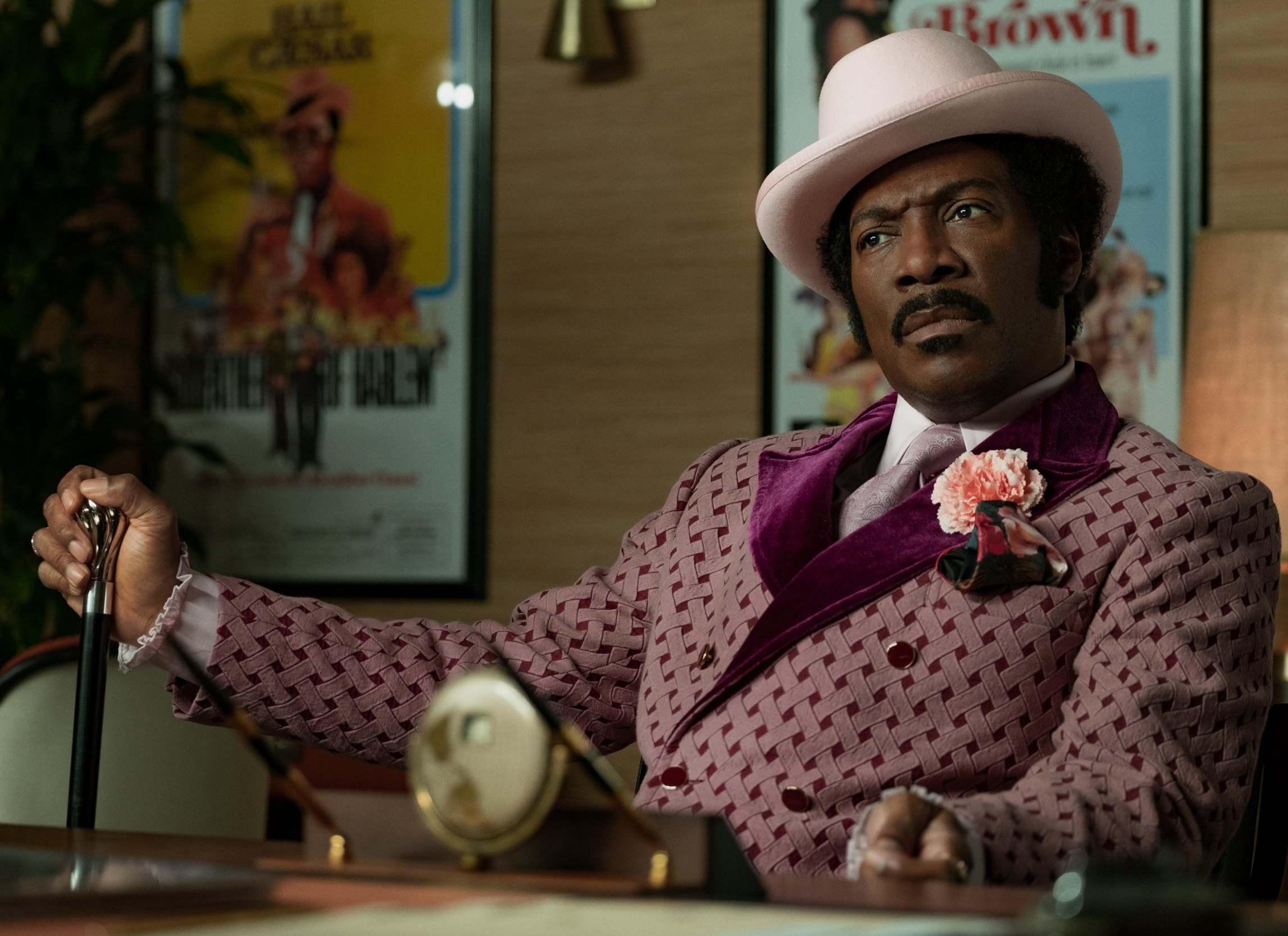
What they saw was something that has been sorely missing from popular culture for more than three decades: Eddie Murphy, one of the funniest people to ever tell jokes into a microphone, doing stand-up. Over the years, Murphy has teased fans with talk of a comeback, but this time, inspired by Dolemite, he appears to mean it. He signed a deal with Netflix to put out a new special next year, and has a theatre tour lined up, which means he could be in clubs working out jokes soon.
“I didn’t want to just pop back up,” he says. “I wanted a funny movie to remind them that they liked me. This movie turned out so strong that I figured this is a great way to come back.”
His return to stand-up will be part of a broader reboot of the decade that made Murphy a star. In December, two months after the US theatrical premiere of Dolemite (it moves to Netflix on 25 Oct), he’s hosting Saturday Night Live, for the first time since 1984 (before that he was a cast member for four years). And 30 years later, Murphy is working on a sequel, also directed by Brewer, to his 1988 hit Coming to America with the original characters. “I’m kind of looking at this period as a bookend,” Murphy says. “I hadn’t been back to SNL. Let’s fix that. Let’s do stand-up again. That way, when I finally just sit on the couch, then it’s good.”
Referring to his most recent movie, a sober, uplifting drama from 2016, he added. “I don’t want to sit on the couch after Mr Church.’
It’s hard to overstate how big an impact Murphy made in the 1980s. In two specials, Delirious and Raw, performed, famously, in leather suits, he became the most influential stand-up of his generation. Besides entering the discussion of who is the greatest cast member in the history of Saturday Night Live and injecting a cutting racial consciousness into a show that lacked it, his dynamic presence arguably saved SNL from cancellation when it was struggling after the original stars left.

Watch Apple TV+ free for 7 days
New subscribers only. £8.99/mo. after free trial. Plan auto-renews until cancelled

Watch Apple TV+ free for 7 days
New subscribers only. £8.99/mo. after free trial. Plan auto-renews until cancelled
In the meantime, he became one of the biggest movie stars in the world after a string of blockbuster comedies (48 Hrs, Trading Places, Beverly Hills Cop) fuelled by his singular charisma. Replace Murphy with anyone else in Beverly Hills Cop, the third-highest-grossing comedy of all time, and it’s probably a flop.
But even these credits don’t entirely capture his singular success. It’s difficult for a comic to be funny and sexy or funny and sweetly innocent, but nearly impossible to pull off this trick at the same time, as he did in seminal bits like the one about kids excited over the ice cream truck. No one killed like Murphy did in the 1980s. When I saw Raw in Washington as a teenager, the audience laughed so loudly that the people running the theatre actually turned the movie off and asked us to be quieter.
It’s an intimidating legacy to live up to, particularly when you feel a bit alienated from the cackling, strutting star who defined a certain kind of wise guy cool. For when Murphy is flipping channels on television and stumbles across Raw, he cringes. The cocky jokes about women and relationships remind him, he says, of a break-up he was going through back then. “I was a young guy processing a broken heart, you know, kind of an a**hole,” he said.
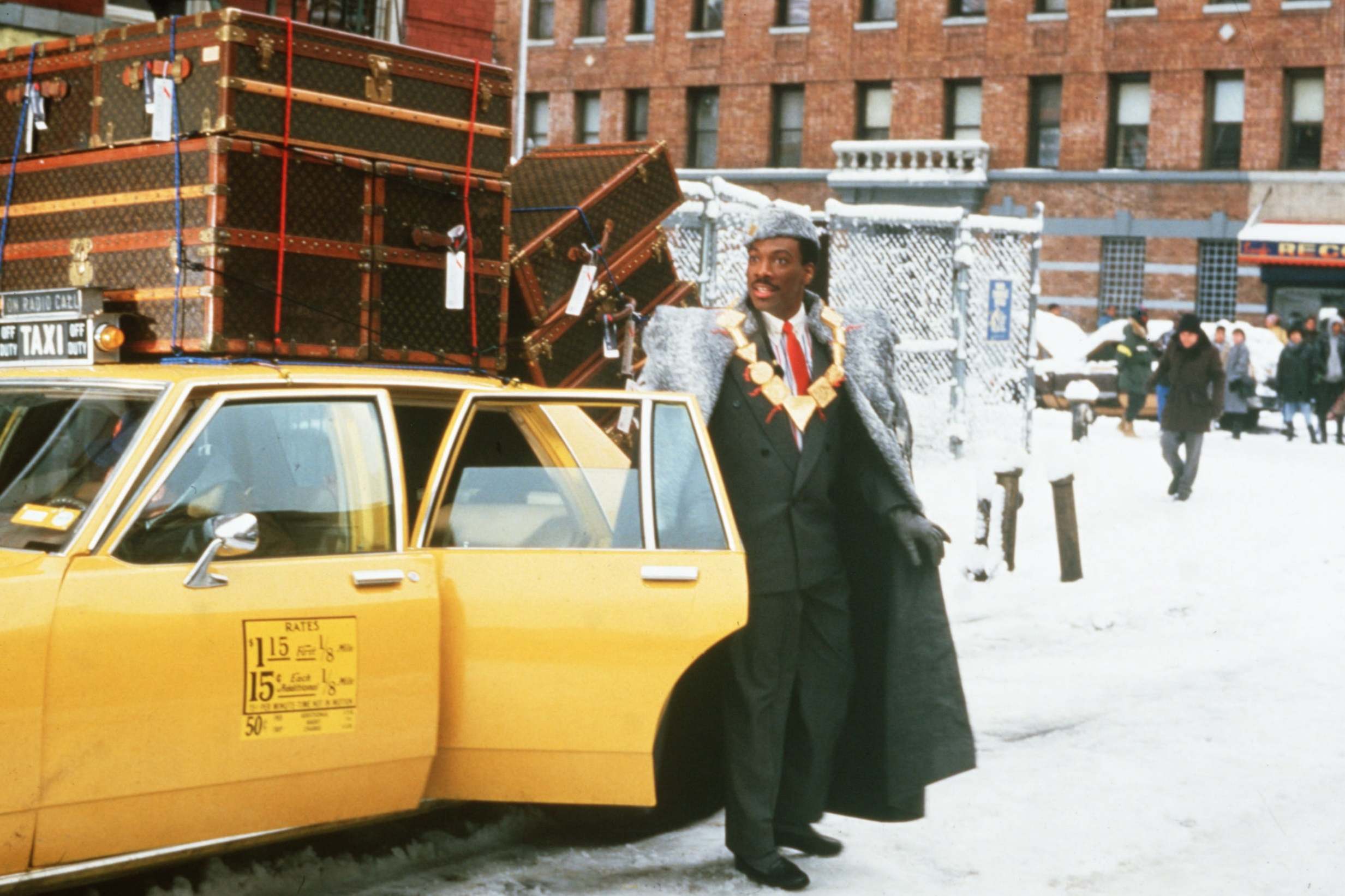
Wearing a plush zip-up jacket with sunglasses hanging off the front, Murphy leaned back and shifted from a cool monotone to a comic impression of himself watching Raw as a snooty prude. “That’s a bit much, my goodness,” he says, cracking up, then shifting again, taking his voice down an octave to register a hint of moral disapproval: “My word.”
With alacrity he returns to the measured voice of Murphy, unflappable superstar, recognising that what is a portrait of a place and time for him means something altogether different to everyone else. “It’s forever,” he says quietly in what might be considered a verbal shrug.
Murphy describes himself now as a completely different person than he was back then, but spending an hour with him argues otherwise. He remains blindingly quick on his feet and an ingenious, hilarious mimic who can summon a big top of characters in seconds. With a soft voice and laid-back manner, he can seem remote, until he switches into a character, which he does often; raising his volume and intensity, he commits, firmly in the moment.
As is clear from his performance in Dolemite, one of his finest, Murphy’s star power is undiminished. But there’s a new tenderness and mature vulnerability in this role that also comes out in person. Asked how his sense of humour has changed, he concedes: “I’m mushier than I used to be.”
His new movie provides some evidence. Murphy – who came up with the idea, and the title, for the blaxploitation parody I’m Gonna Git You Sucka, which Keenen Ivory Wayans eventually directed in 1988 – takes a much warmer, more reverent approach to Rudy Ray Moore, a star of the blaxploitation era. Ed Wood, Tim Burton’s affectionate 1994 portrait of a B-movie auteur, was an inspiration. (They even hired the same screenwriters, Scott Alexander and Larry Karaszewski.)
Murphy saw Moore’s 1975 cult hit, Dolemite, for the first time as a teenager, introduced to Moore’s comedy by his older brother Charlie (who died in 2017 and to whom the new biopic is dedicated). The younger Murphy was impressed by its audaciousness even though he recognised its artistic flaws. Murphy’s taste has always leaned towards the mainstream, and his heroes were Richard Pryor, Elvis and Bruce Lee. As a kid, he felt distraught when he was banished from watching West Side Story on TV with his family as punishment for misbehaving, he recalls and imitated himself in tears listening to “I Feel Pretty” through the wall.
Yet he said he had always had a soft spot for blaxploitation stars because it was so rare to find African Americans on screen. “Flip Wilson was really the first black person we saw in the mainstream, and then Hollywood started making movies with us,” he says. “But they didn’t spend a lot of money on them, so they’re not these high-quality pictures. But black people, ourselves, we were just excited to see ourselves. We never felt like they were exploitation.”
While Murphy became a star as a teenager, Moore, in sharp contrast, was a struggling, overweight comic who needed to go outside the industry to find success, which didn’t come until middle age.
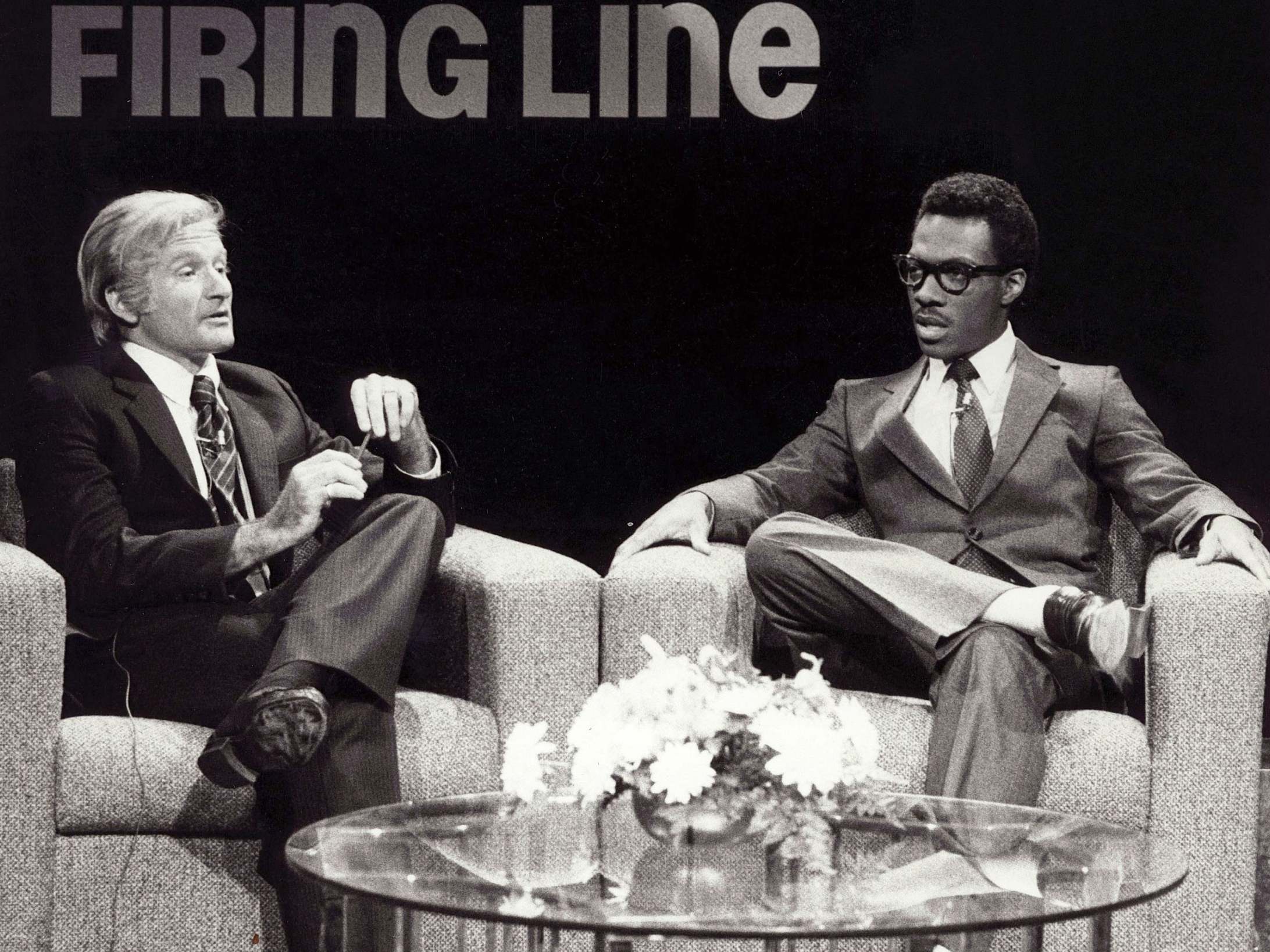
Dolemite was his rhyming alter ego, sometimes called the godfather of rap, who specialised in kung fu and oddball put-downs. (“You insecure, no-business, rat-soup-eating” so-and-so went one insult.)
His movies were filled with laughable mistakes (a boom mic enters the frame), and when he knocked out a bad guy with a kick, his leg barely got off the ground. This made Dolemite a perfect midnight movie, beloved by stoned college kids for generations.
Murphy views Moore as satirising blaxploitation heroes in movies like Superfly and Shaft, not trying to be like them. “I’ve had this conversation with comedians all the time,” he says. “They’re laughing at him, saying: ‘Look how bad he is. He doesn’t realise how bad this is.’ I’m like: ‘No, no, he knows this is funny.’”
Once Murphy decided to return to stand-up, he also settled on hosting Saturday Night Live. He had stayed away from it for decades, upset over some jokes made at his expense, including one by David Spade, although he seems no longer bothered by it. He returned for the 40th anniversary special in a brief appearance without telling jokes. This time it should be different. “I have to do Buckwheat,” he says, also mentioning Gumby and his Mister Rogers parody, Mr Robinson, his best-known characters from that era.
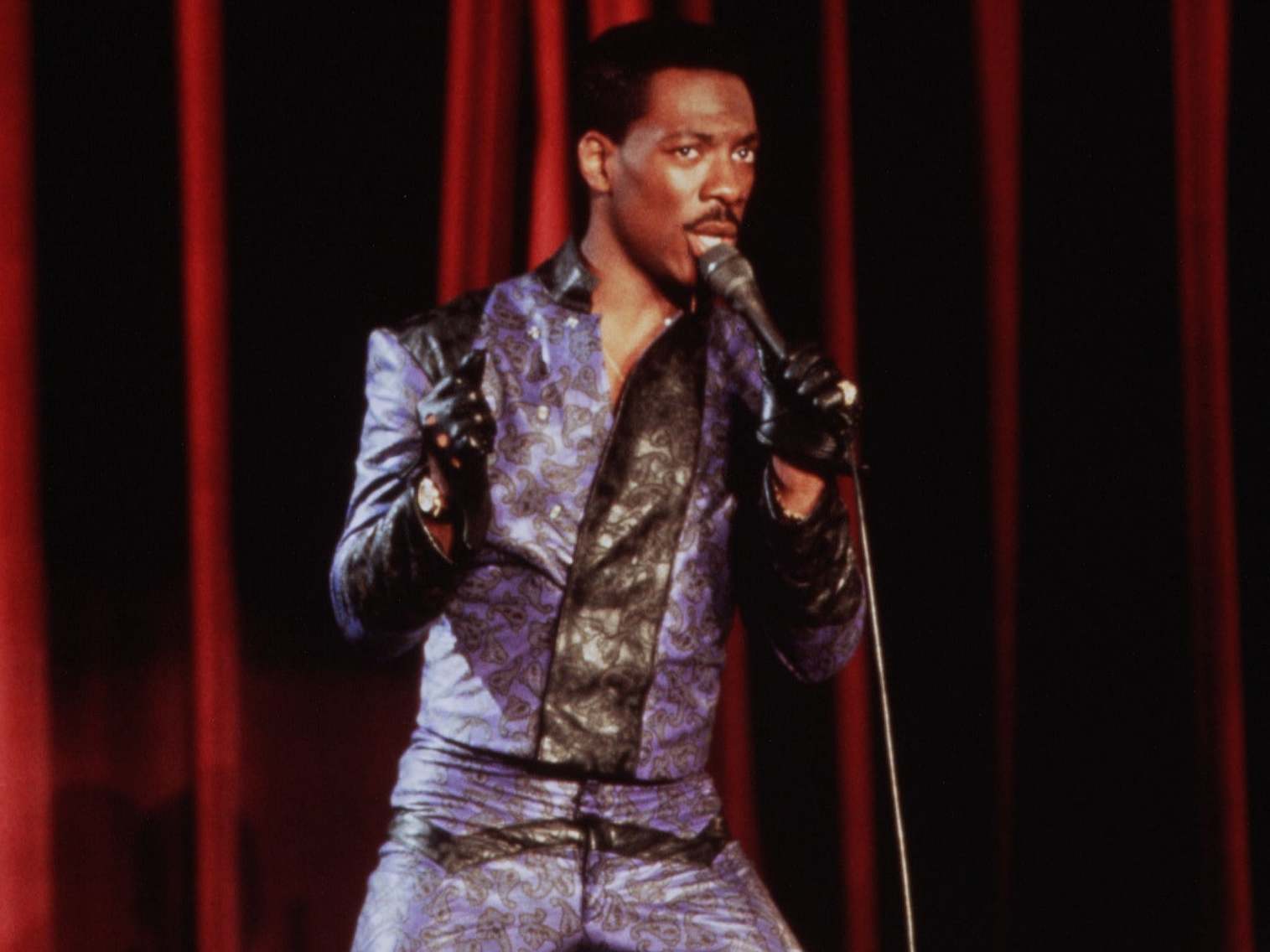
The show has recently become the subject of controversy for hiring and then firing a cast member, Shane Gillis, after recordings of him making racist remarks on a podcast surfaced. Murphy, who has never owned a computer and describes himself “as close as you can get to a technophobe”, says he wasn’t concerned about new scrutiny of his comedy. He has been criticised for jokes on his specials that talked about fear of contracting Aids from kissing gay men and used homophobic slurs; in the past, he cited such backlash as the reason he stopped doing stand-up.
He has also said stand-up stopped being fun. But now he regrets giving it up and once he returns, he said, he will never abandon it again.
“I went through all that stuff, so this is not scary,” he says about controversies over jokes. He points out that he had been picketed and had also apologised for material about Aids that he now calls “ignorant” before adding, on the subject of anxiety by comics today: “All this stuff they are talking about: ‘Hey, welcome to the club.’”
Murphy says he never stopped generating material and has even been feeding ideas for jokes into a tape recorder for three years. He speculated that he had probably 15 to 20 minutes of material already but thought that he would need eight months to develop an hour and a half. Expect some bits about parenting from the man who has eight children.
“I now have a whole lifetime of experiences to draw upon. There was a time when I was at the centre of everything, what I was doing, and how funny I was and how popular,” he says. “I’m not at the centre. Now my kids are and everything revolves around them.”
One thing you can be sure of about his stand-up: don’t expect him to wear leather again. “Nah, man, you can’t wear a leather suit at 58,” he says.
Jumping in, Brewer adds that leather makes you sweat, to which Murphy says that he was an exception. “If you watched Raw or Delirious,” he says, in the voice of a punctilious fact-checker, “I don’t sweat.”
Murphy still has swagger, that confidence which, as it happens, is a major theme of Dolemite.
“That’s his greatest talent and the one that’s hardest to nail,” Murphy says of Moore’s faith in himself.
Asked if his confidence ever flags when he thinks about returning to the stage, Murphy shifts his gaze to make direct eye contact, saying he’s as confident as he has ever been.
“I’m still Eddie,” he adds. “The way I look at things and paint pictures with words, I’m still that guy. I’m still going to be what I was. And then some.”
© New York Times
‘Dolemite Is My Name’ is out on Netflix on 25 October
Join our commenting forum
Join thought-provoking conversations, follow other Independent readers and see their replies
Comments